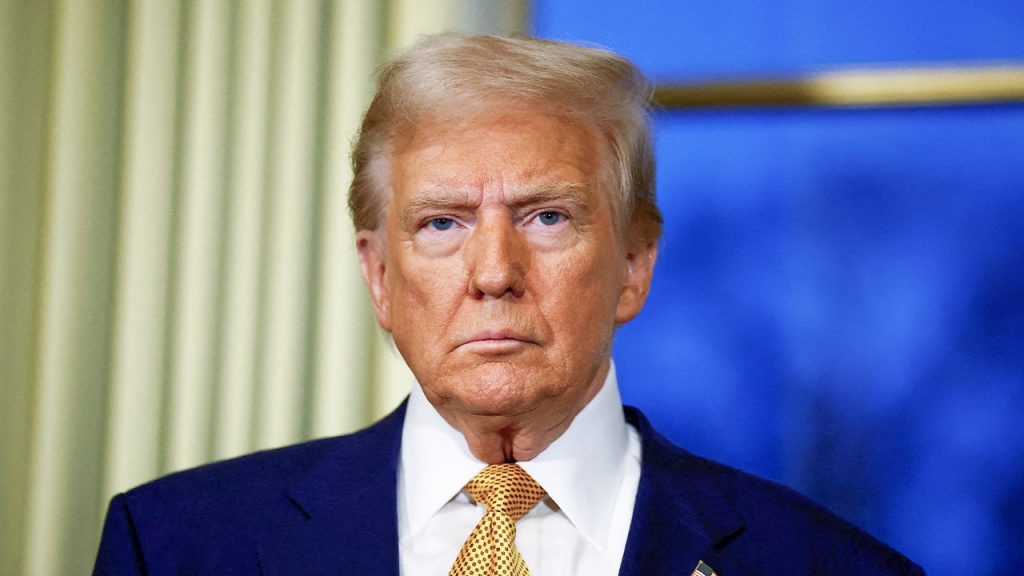The legal battle surrounding former President Donald Trump’s conviction on 34 counts of falsifying business records continues to intensify as his legal team filed a motion to stay his sentencing, originally scheduled for January 10, 2024, just days before his planned inauguration on January 20th. Trump’s spokesman and incoming White House Communications Director, Steven Cheung, vehemently denounced the case as a “meritless hoax” and a “political weaponization of our justice system,” echoing Trump’s own characterization of the proceedings as a “witch hunt.” The defense argues that recent Supreme Court decisions on immunity, provisions within the New York State Constitution, and established legal precedents necessitate the immediate dismissal of the case. They assert that the American people, through their overwhelming electoral mandate, demand an end to such politically motivated prosecutions.
The case revolves around a $130,000 payment made to adult film actress Stormy Daniels in 2016, allegedly to suppress her claims of an affair with Trump. Manhattan District Attorney Alvin Bragg’s office successfully argued that Trump falsified business records to conceal this payment. Trump, however, maintains his innocence and insists that the case is a politically motivated attack designed to damage his presidential prospects. He has consistently criticized the judge, accusing him of fabricating facts and misapplying the law, and denouncing the entire New York legal system as “rigged” against him. This narrative of political persecution forms the cornerstone of his defense and fuels his persistent attacks on the integrity of the legal proceedings.
The motion to stay the sentencing represents a crucial juncture in this ongoing legal saga. Trump’s legal team is likely to argue that proceeding with the sentencing before the resolution of their broader legal challenges would constitute a miscarriage of justice. They will likely reiterate their arguments regarding immunity and constitutional violations, attempting to portray the entire case as a politically motivated fabrication. The timing of the sentencing, just days before Trump’s anticipated return to the presidency, adds a layer of political complexity to the situation, potentially casting the legal proceedings as an attempt to undermine his impending administration.
The prosecution, on the other hand, is expected to argue that the sentencing should proceed as scheduled. They will likely emphasize the strength of their case, pointing to the jury’s guilty verdict on all 34 counts. They may also argue that delaying the sentencing would be an undue concession to a defendant who has repeatedly used his platform to attack the integrity of the legal system. Furthermore, they may highlight the importance of upholding the rule of law and ensuring that even powerful individuals are held accountable for their actions.
The judge’s decision on the motion to stay will have significant implications for the unfolding legal drama. Granting the stay would signal a potential willingness to consider the defense’s arguments regarding constitutional violations and political motivations, potentially opening the door for further legal challenges. Conversely, denying the stay would reinforce the validity of the conviction and underscore the court’s intention to proceed with the sentencing as planned, irrespective of the defendant’s political stature or pronouncements.
Beyond the immediate legal ramifications, this case carries broader implications for the American political landscape. It highlights the deep divisions within the country and the ongoing debate over the role of the justice system in addressing allegations of misconduct by powerful figures. Trump’s portrayal of himself as a victim of political persecution resonates with a segment of the population, fueling distrust in established institutions and further polarizing the political discourse. The outcome of this legal battle will undoubtedly have a lasting impact on the perception of justice and accountability within the American political system.

